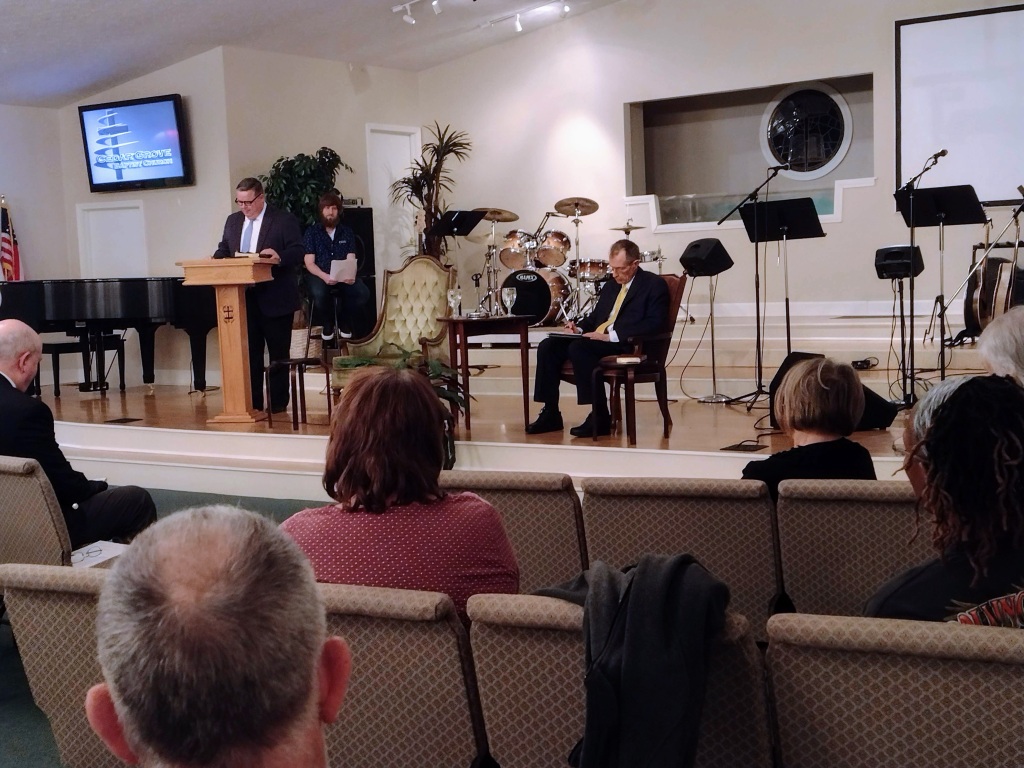TCID IV
January 22, 2022
Participants
Dr. Russell Fuller, Baptist Panelist
Rev. David Webb, Pentecostal Panelist
Pastor Thomas Elbert Jr., Speaker

Question 01
As Christians we profess that there is but a single living and true God, who is infinite in beginning and perfection; He is the Creator and Preserver of all things, working everything in accordance with the counsel of His own immutable and most righteous will, for the demonstration of His own holiness and transcendent glory. Indeed, there is only one Divine Being, yet Christians frequently use a plurality of names when discussing the Deity. How then do we explain this convention? How do we properly understand the notions of, and relationships between, the Father, Son, and Holy Spirit in Christian theology? Can it be deduced that the Almighty is simply one individual divine person who reveals Himself by three contrasting operations, titles, or modes throughout His interaction with the created order, or are there permanent distinctions within the Godhead? If distinctions, does this fact jeopardize the monotheism of Christianity, or can the unity of God lay claim to a multiplicity of persons (hypostases) and still be united? With regard to the Son, is He of one substance with the Father, or is He a creature? Was there a time when He was not?
Question 02
Truly, it is by one Spirit that we believers in Christ are all baptized into a single body, whether we be Jews or Gentiles, whether we be bond or free; we have all been made to drink into one Spirit (1 Cor. 12:13). But how might we rightly understand this experience? Does baptism in the Holy Spirit simply correspond to that of regeneration? Or is it distinct from, and subsequent to, the moment in which a person is converted? Further, what are the gifts of the Spirit, and what is their purpose with concern to Christ’s Church and Her mission? Are the extraordinary gifts of prophecy, tongues, healing, and the like still to be practiced amongst Christians today? Or are they no longer applicable to believers? If they have ceased, when did their cessation occur, and to what end were they originally instituted? Moreover, how might one define the gift of tongues? Does it involve the supernatural expression of known languages, or the conveyance of something beyond the bounds of human invention (i.e. a heavenly speech), or perhaps both? Must a Christ-follower’s baptism in the Holy Ghost be authenticated by the sign of tongue-speaking to be regarded as legitimate?